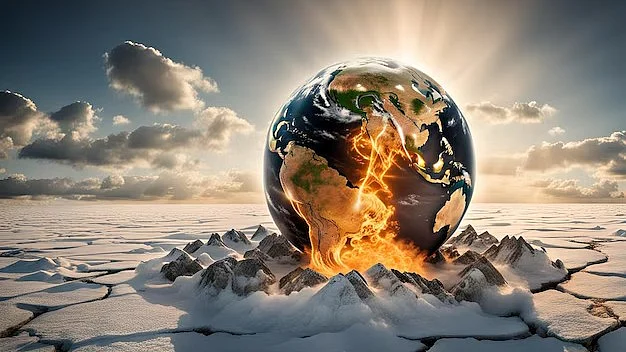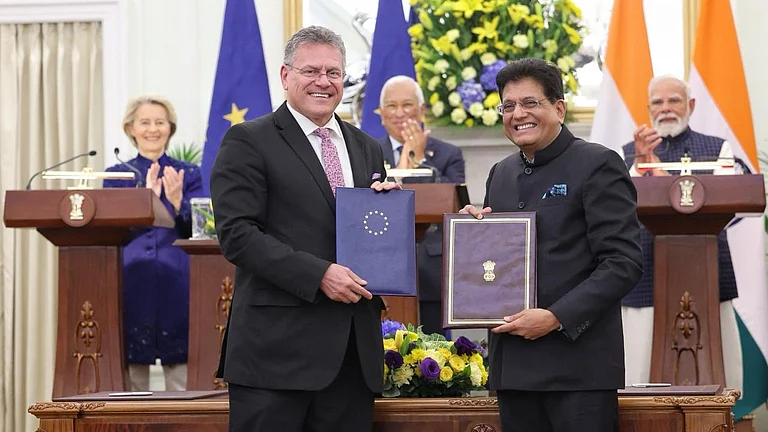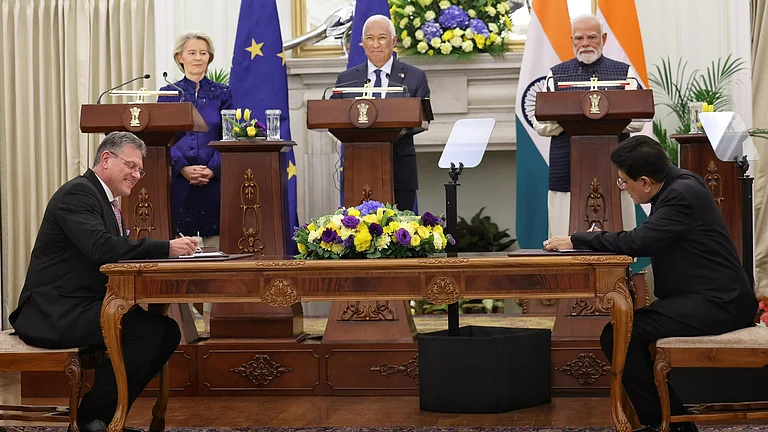The year of 2024 has been the warmest year on record, with the average global temperature exceeding 1.5 Degree Celsius above its pre-industrial level, according to the Copernicus Climate Change Service, run by the European Centre for Medium Range Weather Forecasting (ECMWF). In 2024, the average temperature reached 15.10 Degrees Celsius—1.6 notches above the pre-industrial era of 1850-1900.
The rising temperature across the globe reportedly caused various natural calamities like Los Angeles fire, Cyclone Chido, Cyclone Dikeledi, Canadian wildfires, floods in Central Europe, and others. This situation raises a critical question: should nations be worried about the consequences of this temperature breach amid ongoing climate crises?
What Does It Mean for Us?
While exceeding the 1.5 Degrees Celsius threshold for a single year is concerning, it does not imply that the Paris Agreement has been breached as it was designed with decades of temperature monitoring in mind and such temporary breaches were anticipated.
The broader aim of the agreement was to limit warming to between 1.5 Degrees Celsius and 2 Degrees Celsius. This 1.6 Degrees Celsius increase in global temperature level highlights the urgency for individuals and governments to take swift actions including reducing dependence on fossil fuels, promoting reforestation and preserving biodiversity to maintain ecological balance.
In November 2024, the United Nations Climate Change Conference (COP29) in Baku, Azerbaijan, ended with an unexpected outcome. Nations united to discuss ways to combat climate crisis, but rich countries reluctantly agreed to raise a climate finance of $300 billion by 2035 for developing countries, far less than the $1.3 trillion requested.
For the follower of COP proceedings, the disappointing outcome and subsequent condemnations seem familiar. In 2021, after COP26 in Glasgow, Scotland, Adow branded the summit as “a triumph of diplomacy over real substance” whose outcome “contains the priorities of the rich world”, reported The Guardian. In 2010, after COP16 in Cancun, Mexico, the Bolivian government opposed the Cancun climate agreement stating, "Many commentators have called the Cancun accord a "step in the right direction". We disagree: it is a giant step backward," said Adow. Bolivia argued that the pledges contradicted the stated goal of capping the rise in temperature at 2 Degrees Celsius, "instead guiding us to 4 Degrees Celsius or more," calling the negotiation “a victory for the rich nations who bullied and cajoled other nations into accepting a deal on their terms,” reported Foreign Policy.
While setting new finance goals and promoting sustainable practices could accelerate the path to net-zero for countries, without concrete climate actions, it will remain merely a plan on paper.































